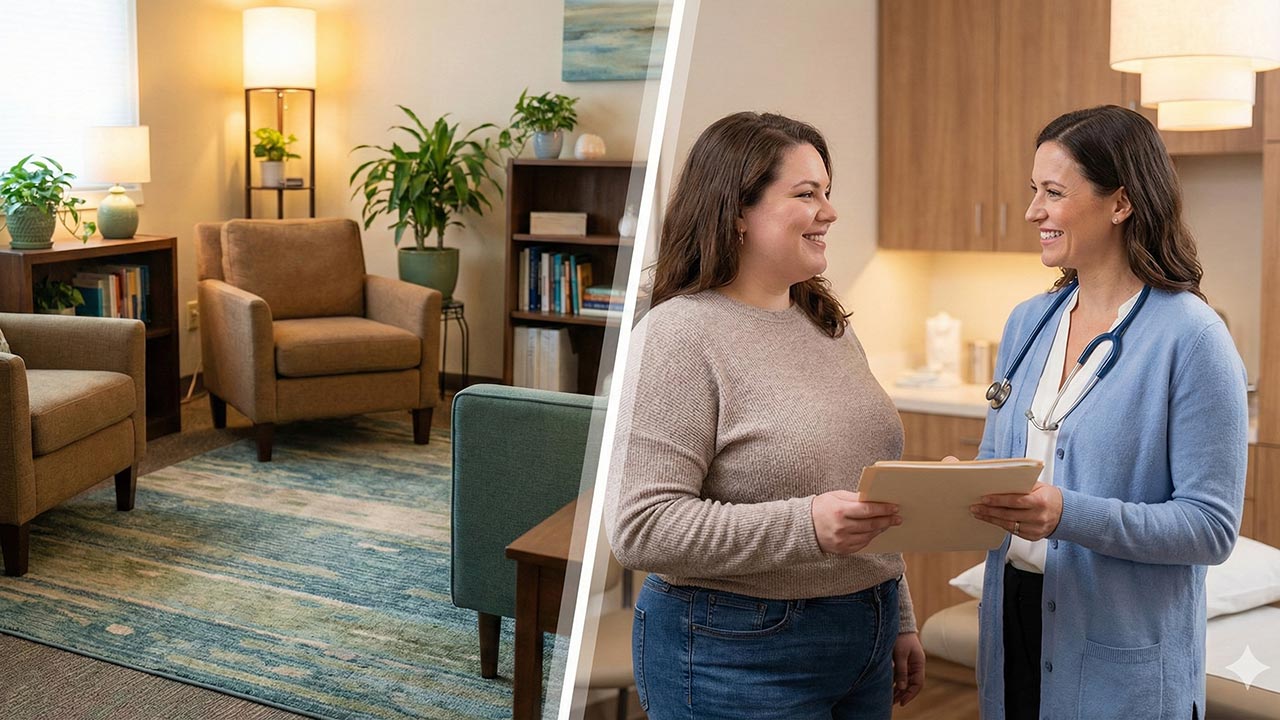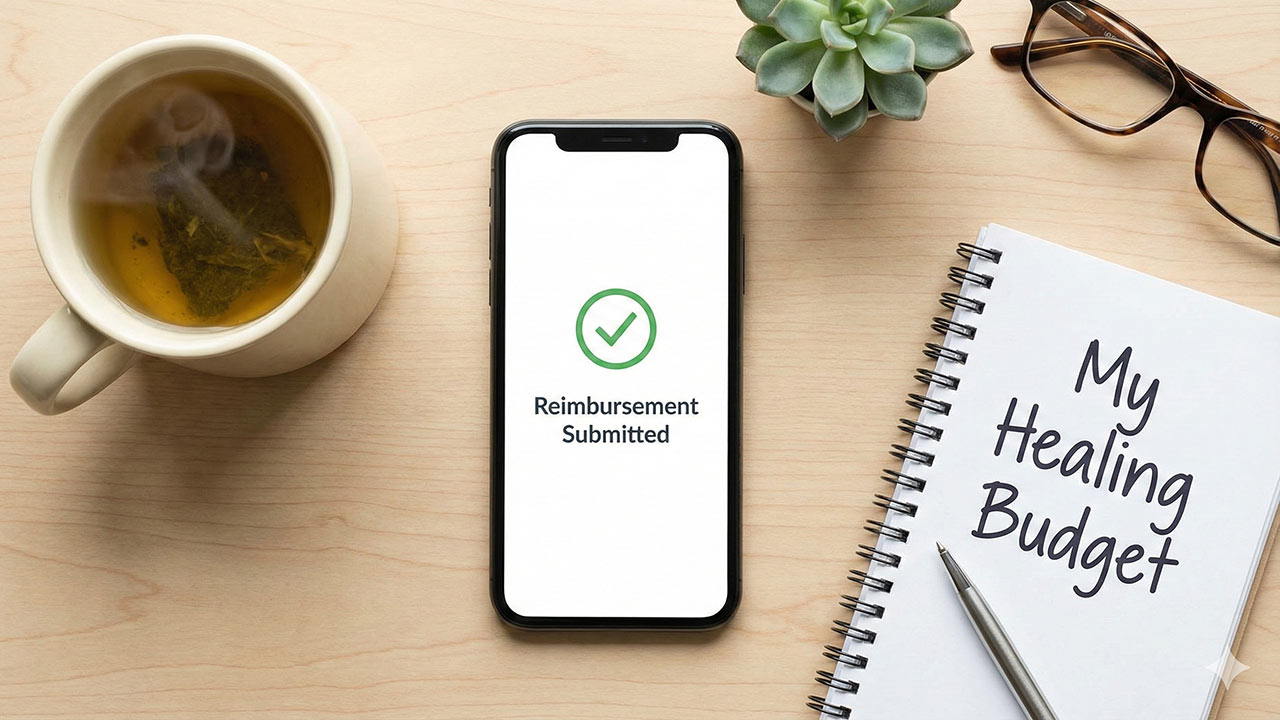In today’s fast-paced world, seeking help for mental health or addiction issues can often seem daunting. However, the rise of intensive outpatient programs (IOPs) offers a beacon of hope for those navigating such challenges. In this article, we delve into the myriad benefits of choosing an intensive outpatient program, shedding light on why it might be the ideal option for many individuals. Unlike traditional inpatient treatment, which requires patients to reside at a facility for a specified period, intensive outpatient programs provide comprehensive care while allowing participants to maintain their daily routines and responsibilities. From flexible scheduling to personalized treatment plans tailored to individual needs, IOPs offer a holistic approach to healing and recovery. Moreover, the supportive community fostered within these programs can be instrumental in fostering lasting change. Join us as we explore the transformative potential of intensive outpatient programs and how they can empower individuals to reclaim control of their lives and embark on a journey toward wellness.
Structured Support in Intensive Outpatient Programs: Building a Foundation for Recovery

In the journey of recovery from addiction or mental health challenges, having a strong support system is crucial. Intensive Outpatient Programs (IOPs) offer structured support that can serve as a sturdy foundation for individuals seeking to overcome these obstacles. Through a combination of therapy sessions, group counseling, and educational workshops, participants in IOPs receive the guidance and assistance they need to navigate the complexities of their recovery journey.
Individualized Treatment Plans
Structured support in IOPs begins with the development of individualized treatment plans. These plans are tailored to address the unique needs and circumstances of each participant, ensuring that they receive the specific support and interventions necessary for their recovery journey.
Regular Therapy Sessions
One of the cornerstones of structured support in IOPs is regular therapy sessions. Participants meet with qualified therapists who provide individualized counseling and support to help them address underlying issues, develop coping strategies, and work towards their recovery goals.
Group Counseling Sessions
In addition to individual therapy, structured support in IOPs often includes group counseling sessions. These sessions provide participants with the opportunity to connect with others who are facing similar challenges, share experiences, and offer mutual support and encouragement.
Educational Workshops
Many IOPs offer educational workshops as part of their structured support services. These workshops cover a variety of topics related to addiction, mental health, coping skills, and relapse prevention, providing participants with valuable knowledge and tools to support their recovery journey.
Accountability and Monitoring
Structured support in IOPs includes accountability and monitoring mechanisms to help participants stay on track with their recovery goals. This may involve regular check-ins, progress assessments, and adherence to program guidelines and expectations.
Cost-Effective Solutions: The Value of Intensive Outpatient Programs
In the realm of addiction and mental health treatment, affordability is a significant concern for many individuals. Intensive Outpatient Programs (IOPs) offer a cost-effective solution that provides comprehensive support without the financial burden of residential treatment. Let’s explore why IOPs are a valuable investment in recovery.
- Affordable Alternatives: Compared to residential programs, IOPs offer a more budget-friendly option for individuals seeking treatment. By eliminating the costs associated with room and board, IOPs make quality care more accessible to a broader range of people.
- Insurance Coverage: Many insurance plans cover Intensive Outpatient Programs, reducing out-of-pocket expenses for participants. This coverage extends the reach of IOPs and ensures that individuals can access the care they need without facing overwhelming financial strain.
- Flexible Payment Options: IOPs often provide flexible payment options to accommodate varying financial circumstances. Sliding scale fees, payment plans, and financial assistance programs help individuals afford treatment while focusing on their recovery.
- Maximizing Resources: Intensive Outpatient Programs utilize resources efficiently by providing structured support during scheduled sessions while allowing participants to maintain their daily responsibilities. This maximization of resources translates to cost savings for both individuals and treatment providers.
Tailored Treatment Plans: Personalized Paths to Recovery in Intensive Outpatient Programs

In the landscape of addiction and mental health treatment, one size does not fit all. Tailored treatment plans are essential components of Intensive Outpatient Programs (IOPs), providing individuals with personalized paths to recovery. By customizing interventions, therapies, and support strategies to meet the unique needs of each participant, IOPs empower individuals to address their challenges effectively and embark on a journey towards lasting wellness.
Comprehensive Assessment
Tailored treatment plans in IOPs begin with a comprehensive assessment of each participant’s needs, strengths, and goals. Through interviews, evaluations, and screenings, clinicians gather essential information to inform the development of a personalized treatment approach.
Identification of Goals
Once the assessment is complete, the next step in tailoring treatment plans is to identify specific goals for each participant. Whether the focus is on substance abuse recovery, mental health management, or dual diagnosis treatment, setting clear and achievable goals provides a roadmap for progress.
Customized Interventions
Tailored treatment plans in IOPs involve selecting and customizing interventions based on the individual needs of participants. This may include cognitive-behavioral therapy, dialectical behavior therapy, motivational interviewing, medication management, and other evidence-based practices tailored to address specific issues.
Flexibility and Adaptability
One of the key advantages of tailored treatment plans is their flexibility and adaptability. As participants progress through the program and their needs evolve, treatment plans can be adjusted accordingly to ensure they continue to receive the most effective support and interventions.
Holistic Approach
Tailored treatment plans in IOPs take a holistic approach to recovery, addressing not only the symptoms of addiction or mental illness but also the underlying factors contributing to these issues. This may involve addressing co-occurring disorders, trauma, family dynamics, social determinants of health, and other relevant factors.
Achieving Long-Term Success: The Key Benefits of Intensive Outpatient Programs

When it comes to overcoming addiction or managing mental health disorders, achieving long-term success is the ultimate goal. However, finding the right treatment approach that not only addresses immediate concerns but also provides lasting results can be challenging. In recent years, Intensive Outpatient Programs (IOPs) have emerged as a highly effective option for individuals seeking sustainable recovery and wellness. In this article, we’ll explore the key benefits of IOPs and how they contribute to long-term success in overcoming addiction and mental health challenges.
Comprehensive Care
Intensive Outpatient Programs offer comprehensive care that addresses the multiple facets of addiction and mental health disorders. From individual therapy sessions to group counseling and educational workshops, participants receive a holistic approach to treatment that focuses on their physical, emotional, and psychological well-being.
Continuity of Care
One of the significant advantages of IOPs is the continuity of care they provide. Unlike residential treatment programs that involve a sudden transition back to everyday life, IOPs offer a gradual step-down approach, allowing individuals to seamlessly integrate their newfound skills and coping mechanisms into their daily routines.
Personalized Treatment Plans
Each individual faces unique challenges and requires a tailored approach to treatment. Intensive Outpatient Programs recognize this diversity and provide personalized treatment plans that address the specific needs and goals of each participant. Whether someone is struggling with substance abuse, mental health disorders, or both, the program can adapt to meet their requirements.
Flexibility and Accessibility
Accessibility is a crucial factor in long-term success. IOPs offer flexibility in scheduling therapy sessions, allowing individuals to attend treatment while still fulfilling their daily responsibilities such as work, school, or family commitments. This accessibility ensures that participants can maintain their progress over the long term without disrupting their lives.
Building Strong Support Networks
Recovery is not a journey that can be undertaken alone. Intensive Outpatient Programs provide participants with the opportunity to build strong support networks consisting of peers, therapists, and other professionals who understand their struggles and provide encouragement and accountability along the way.
Conclusion
The Intensive Outpatient Program (IOP) stands as a vital bridge to recovery, offering comprehensive support while allowing individuals to maintain their daily commitments. Through tailored therapy and a supportive community, IOP empowers participants to navigate challenges, develop coping strategies, and cultivate lasting wellness. With its flexible structure and focus on holistic healing, IOP serves as a beacon of hope for those on their journey towards recovery. Contact us today at Resilient Mind Counseling PLLC to learn more about how our IOP can support your path to healing. Please visit our office located at 41 Clayton St. #300, Asheville, NC 28801. Our team of experienced professionals is dedicated to helping you achieve a healthier, happier life.














